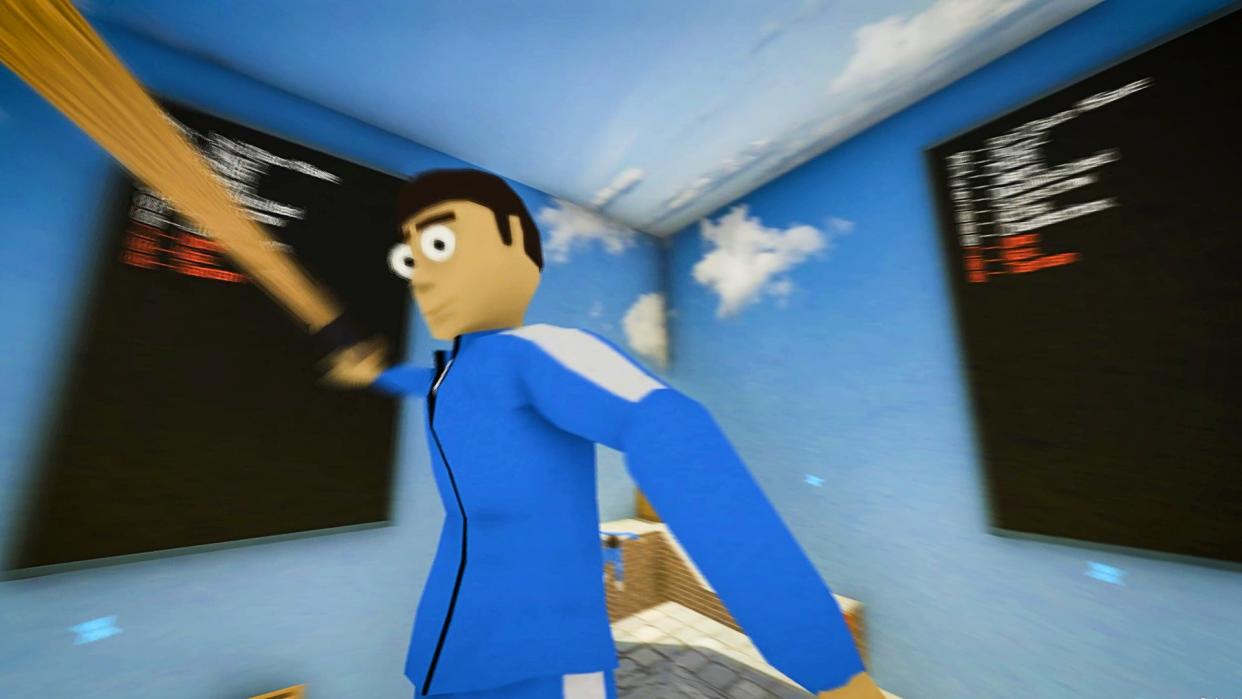Viral developer says their free survival game and Squid Game parodies would have cost them $5.6 million under new Unity rules

The developer of two free indie games that went viral says that new revenue rules planned by game engine provider Unity would have cost him more than $5 million in install fees.
In June 2021, YouTuber Daniel Sooman released Muck, a parody low-res survival game that he made out of spite in no time flat and published on Steam for free. Not only was Muck genuinely good (I unironically have more than a dozen hours in it, and you can complete a run in around 90 minutes), it was also an interesting insight into game development, thanks to Sooman's video about the process of making the game.
A few months later, Sooman followed Muck up with Crab Game, a parody of Squid Game's massive popularity in 2021. In addition to the Korean sensation, there's an obvious touch of Fall Guys to the gameplay, and Crab Game ended up being an even bigger sensation than Muck.
Unfortunately, both games are made in Unity, which announced yesterday that new revenue rules would charge developers for every installation of their game over $200,000 in earnings or 200,000 installs. Developers across the industry immediately revolted, with indie studios explaining that the decision would likely force them to delay their games as they switch to new engines if it stands. Aggro Crab, developer of cult roguelike Going Under and anticipated Soulslike Another Crab's Treasure, led the charge with an explainer culminating in the immortal phrase "I f***ing hate it here."
aaah shit i guess i owe Unity $5,600,000 anyone got some spare change? pic.twitter.com/HcgaMTDOt5September 12, 2023
Sooman himself also took to social media to calculate the potential cost of his free games and their viral success. At a cost of 20 cents per install over the 200,000 install threshold, he calculates that the 28,000,000 downloads of Muck and Crab Game would have cost him $5.6 million. He acknowledges that between the threshold and the fact that the new fee only comes into effect from January 2024, that maths isn't perfect, but both games are still getting Steam reviews, implying recent, if not brand-new downloads.
For a free game, that means ongoing costs but no revenue. That's unlikely to incentivize developers like Sooman - who are keen to experiment but not necessarily monetize their efforts - to use Unity. Many developers have implied an upcoming search for alternative engines, while others have decried the potential costs of releasing a game for free, or via a subscription service like Xbox Game Pass, as potentially ruinous.
Our list of upcoming indie games might be subject to a few delays.


